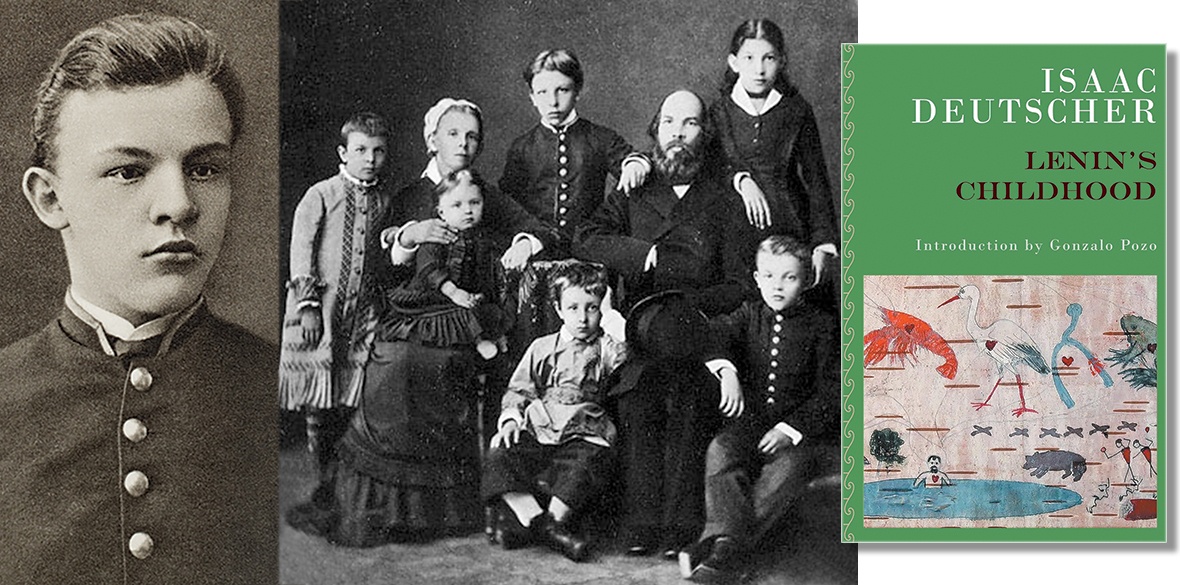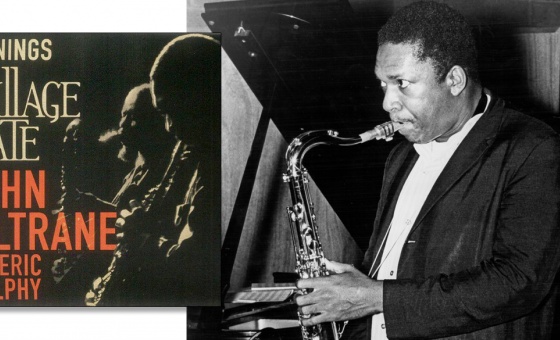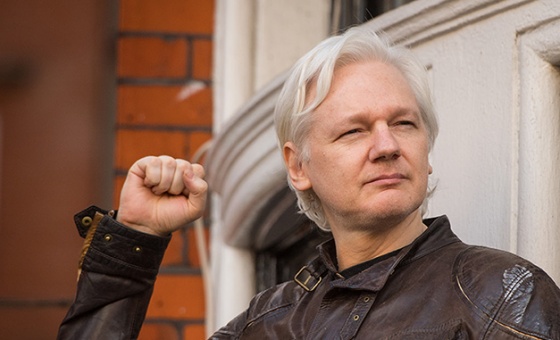This is the last article you can read this month
You can read more article this month
You can read more articles this month
Sorry your limit is up for this month
Reset on:
Please help support the Morning Star by subscribing here
Lenin’s childhood
Isaac Deutscher
Verso, £10.99
POLISH Marxist Isaac Deutscher is best known for having penned monumental biographies of Bolshevik leaders Joseph Stalin and Leon Trotsky, the latter running into some three huge volumes.
Whether or not the reader may agree with the perspectives contained therein, no-one could ever doubt Deutscher’s majestic writing style and his lifelong ability for research that was both meticulous and groundbreaking.
What's often not known, however, is that Deutscher also planned a similar tome about Lenin which was unfortunately cut short by his untimely death in 1967.
His notes for the first chapter form the basis for this recently republished and eminently readable short text, made all by the more valuable with the considered introduction by Gonzalo Pozo.
Fortunately not as hagiographic as, say, some of the Soviet-era accounts, it excels at recreating the social and political influences that undoubtedly informed Lenin’s later career.
Parented by ”liberal conservatives,” Lenin’s family had, like most, welcomed the reforms of the tsar liberator, Alexander II, in ending serfdom and in introducing basic public education.
Lenin’s relatively comfortable middle-class roots concealed grandparents who lived in poverty, if not serfdom, themselves. And his own ethnic background was also incredibly diverse, and fittingly so for the creator of the world’s most successful multicultural and multinational nation state to date.
An intelligent child who excelled academically, enjoyed nature and the sheer physicality of outdoor pursuits, he could be stubborn, headstrong and quick to temper, though often apologetic afterwards.
The 1887 execution of his much admired older brother, Alexander, for involvement in a plot to assassinate the tsar must have been immensely traumatic but also replete with political lessons. Deutscher argues that it not only demonstrated to the 17-year-old Lenin how working within the framework of tsarism was impossible but, additionally, that the path of individualistic terrorism was by no means the answer.
The older Lenin’s comments that, broadly translated: “This shall not be the path we take” later entered the everyday language of the Soviet Union when anyone found themselves having to make decisions at work or in the community!
As an aside, although influenced by more Narodnik and populist ideas, it was Alexander who first introduced Lenin to scientific forms of communist thought by passing on to him Karl Marx’s Das Kapital.
The work unfortunately stops short of Lenin entering Kazan University, a time when he began to display overt radicalism and was eventually expelled for organising protests in opposition to increases in tuition fees.
An interesting twist in this history is that Lenin’s admission to university was only made possible following a courageous and principled testimony from a certain Mr Kerensky, the father of the very Alexander Kerensky whose provisional government Lenin and the Bolshevik party were later to overthrow in the momentous revolution of October 1917.
Read in conjunction with Tamara Deutscher’s collection Not By Politics Alone, and Nadezhda Krupskaya’s book Memories of Lenin, there is no better way of exploring the great man’s personality as distinct from, but obviously related to, the body of ideas that came to be known as Leninism.











